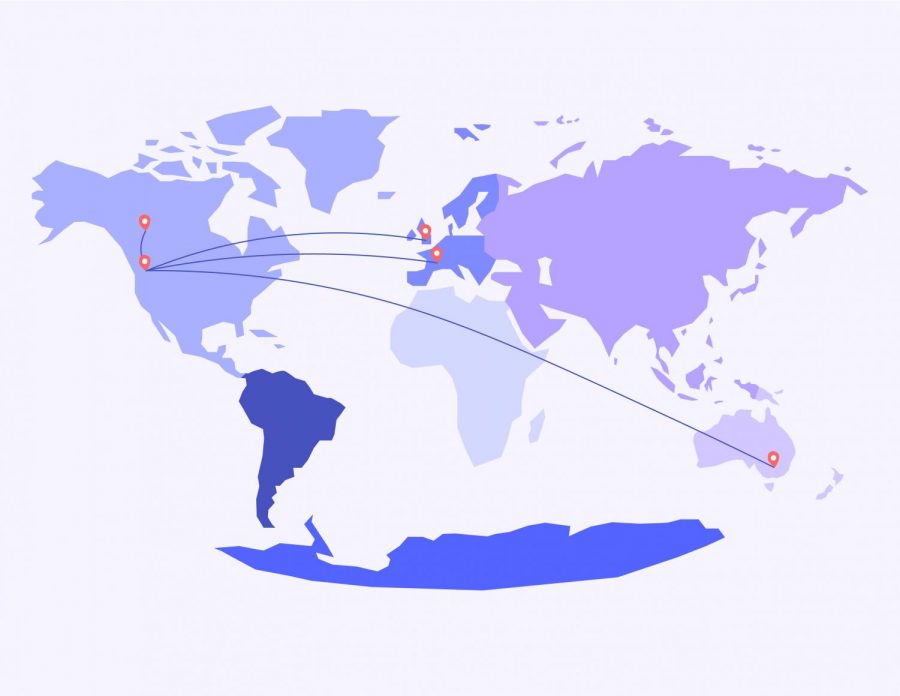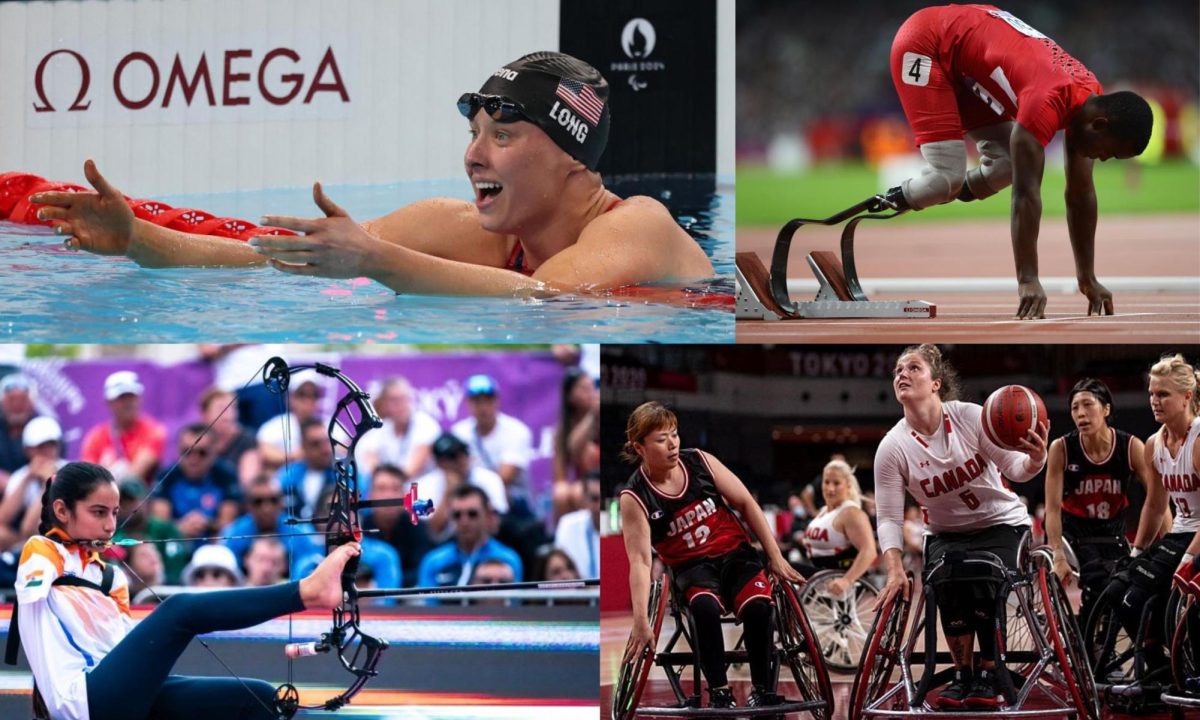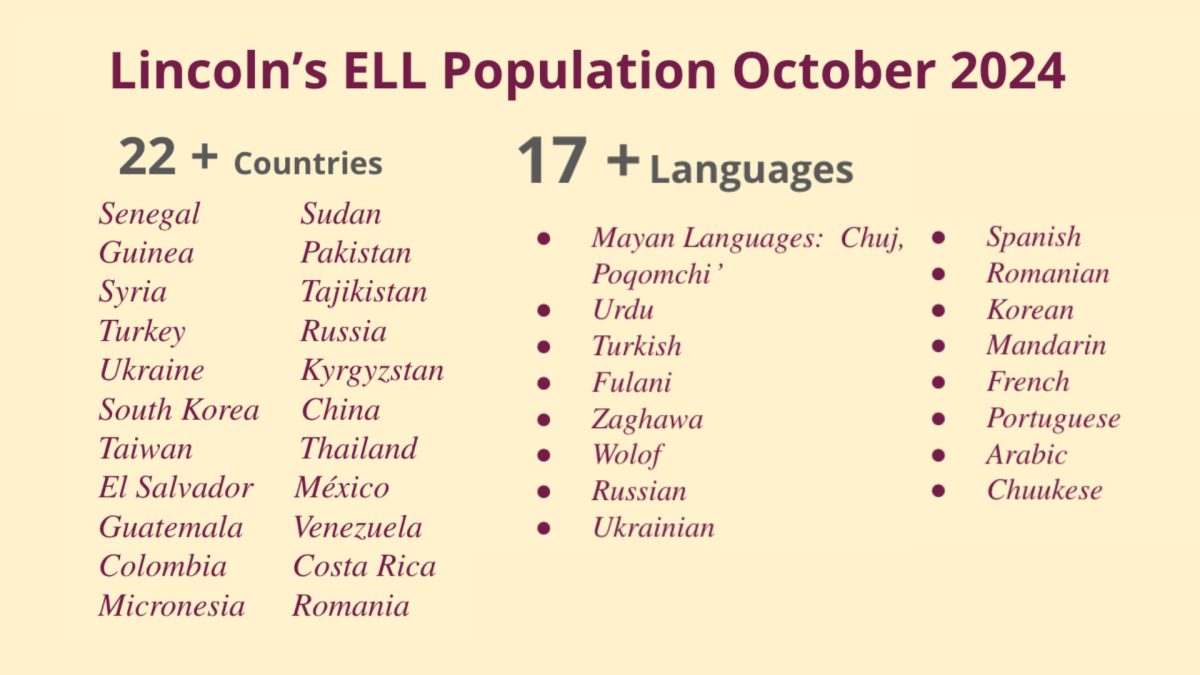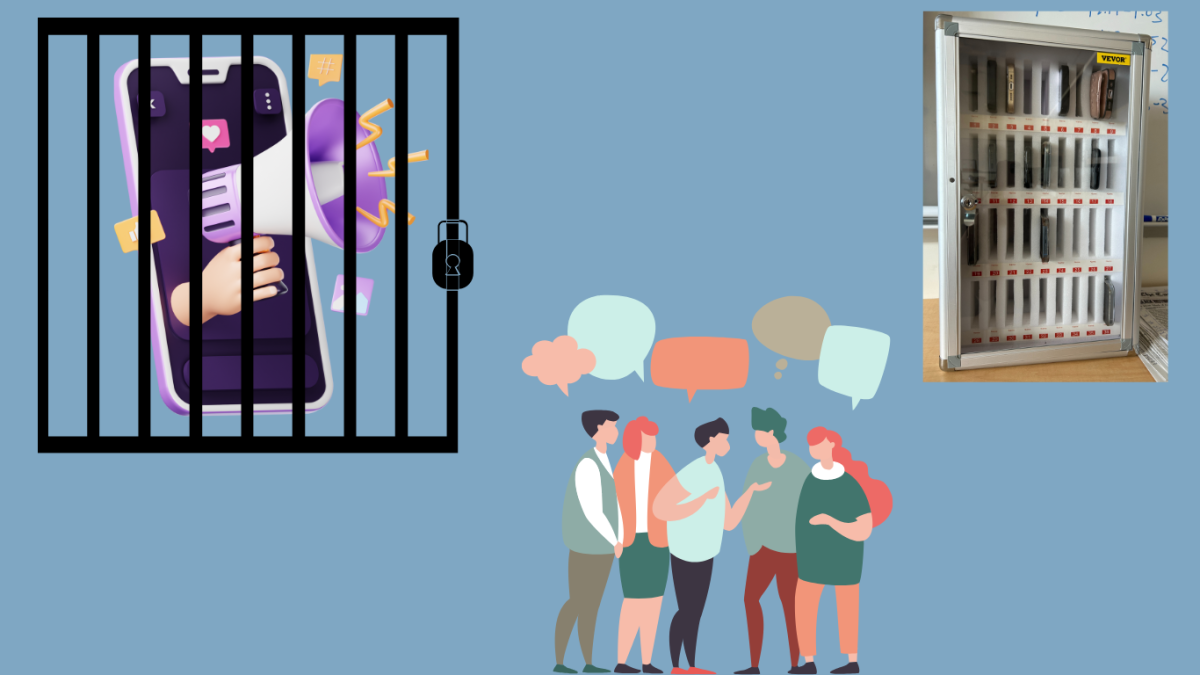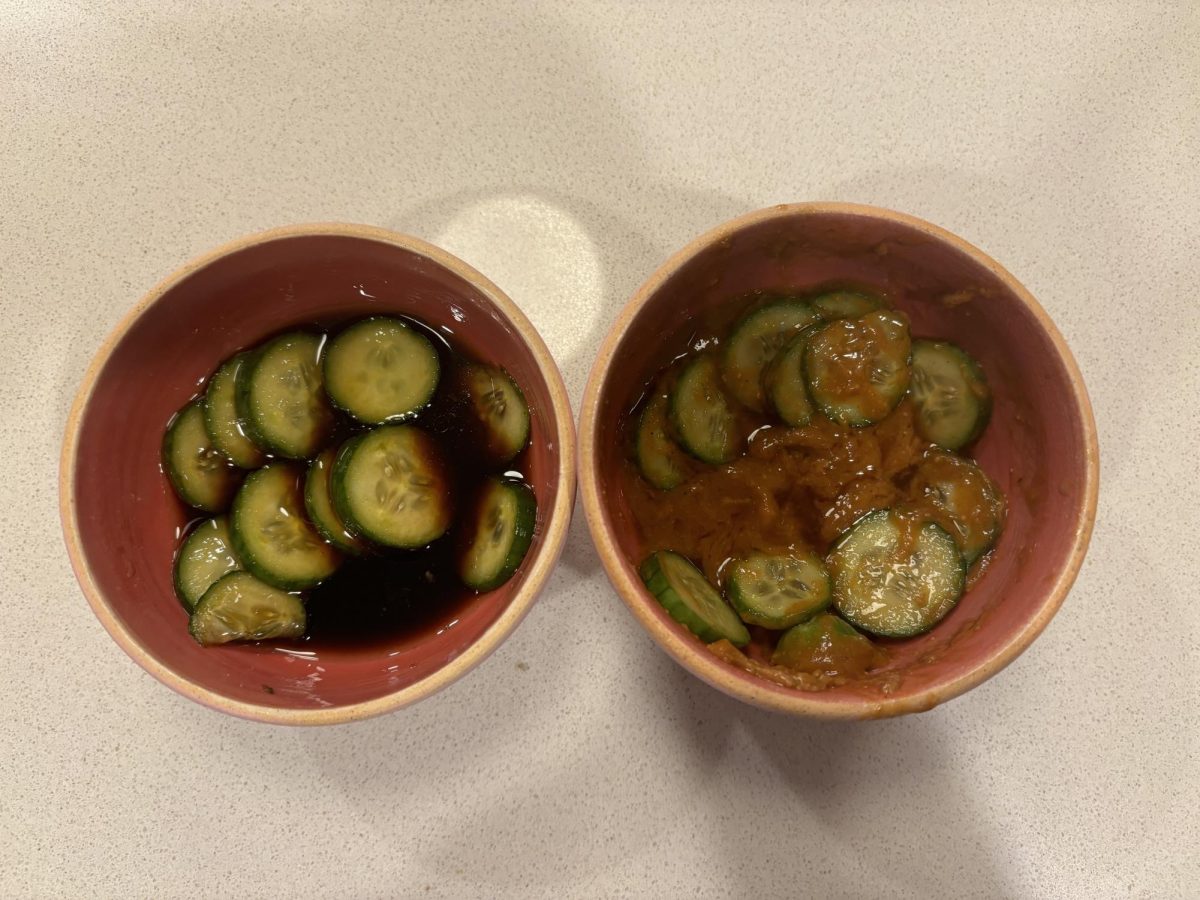Despite pandemic, seniors apply internationally
Some seniors, such as Thijmen Nelissen and Jillian St. John, are applying to schools in Europe, Canada, and the rest of the world.
January 12, 2021
Whether for credit or preparation, International Baccalaureate (IB) classes can be helpful for students looking to apply to college. Since IB is an international program, it can be especially useful for those who wish to apply to universities outside of the U.S.
An October survey found that despite the COVID-19 pandemic, 53 percent of 2,700 surveyed prospective international students “still expect to be traveling abroad to study on campus.”
Senior Jillian St. John, a full-IB student, plans to attend school in the United Kingdom (U.K.) next year. She has applied to five universities in the U.K. through the Universities and Colleges Admissions Service (UCAS) system, including the University of St. Andrews, the University of Edinburgh and Cambridge University.
St. John went to England with a friend during spring break and toured some universities.
“I really loved England,” she said. “I loved the atmosphere and the people, and university there is a lot more affordable than it is here in the U.S.”
According to an article from Top Universities, international undergraduate tuition in the U.K. ranges from about $14,000 to $53,000. However, while schools in the U.S. may have similar costs, most U.K. universities last three years for undergraduate studies and one year for a master’s degree, as opposed to four and two years respectively in the U.S.
St. John also described the differences between the university systems of the United States and the U.K.
“Here in the U.S., you apply to a school, whereas in the U.K. you apply to a specific program in that university,” she said. “You have to apply to similar or the same programs in each school because you only write one personal statement that gets sent to all the schools.”
According to St. John, qualifications for acceptance are also different for schools in the U.K.
“They do not ask at all about volunteering or school activities,” she said. “They ask about employment and that is it.”
Another full-IB student, senior Thijmen Nelissen, is applying to a variety of schools in the Netherlands. Originally born in the Netherlands, Nelissen is looking forward to returning.
Although he originally planned to apply to Dutch-only programs, he has decided to apply to university colleges, which are offered in English and are usually part of larger, well-known schools.
“These programs let you choose from a wide variety of subjects, and as I don’t really know exactly what I want to study yet, this seems perfect for me,” Nelissen said.
He also described some differences with the application process.
“There is no such thing as standardized testing in the Netherlands, so it’s almost never required when applying,” he said.
For St. John, there is pressure to get certain scores on her IB tests.
“Almost all of your offers from U.K. universities will be conditional offers,” she said. This means students are accepted assuming they meet certain requirements, like test scores. If the student does not receive the assumed score, their acceptance can be rescinded.
Nelissen believes the rigor of the IB program will help him be more prepared for college courses. He explained that the IB diploma will not help him get college credit, but it is recognized by the schools he is applying to.
“With a regular American high school diploma, you often have to do extra work or even, in some cases, do an extra year of community college before being able to apply in the Netherlands,” he said.
Both seniors say they are looking forward to going overseas, but will miss their friends and family.
“I am looking forward to being in Europe and just being in a new country, being able to explore new places and meet new people,” St. John said. “I am nervous about being so far from my family and friends, especially my kitten Louis.”
For Nelissen, who hasn’t lived in the Netherlands for eight years, he is excited and nervous to go back.
“Being reintroduced to the culture will, hopefully, be really refreshing,” he said. “I’m most nervous about moving halfway across the world, while my parents stay here.”
Nelissen has some final advice for future seniors looking to apply internationally.
“I think everyone who wants to add cultural experience to their résumé should consider looking into at least one or two schools outside of the U.S. Also, there are a lot of schools with really cool abroad programs here in the U.S.,” he said. “I would definitely recommend looking into that if you want to still experience college outside of the U.S., but not as permanently.”

